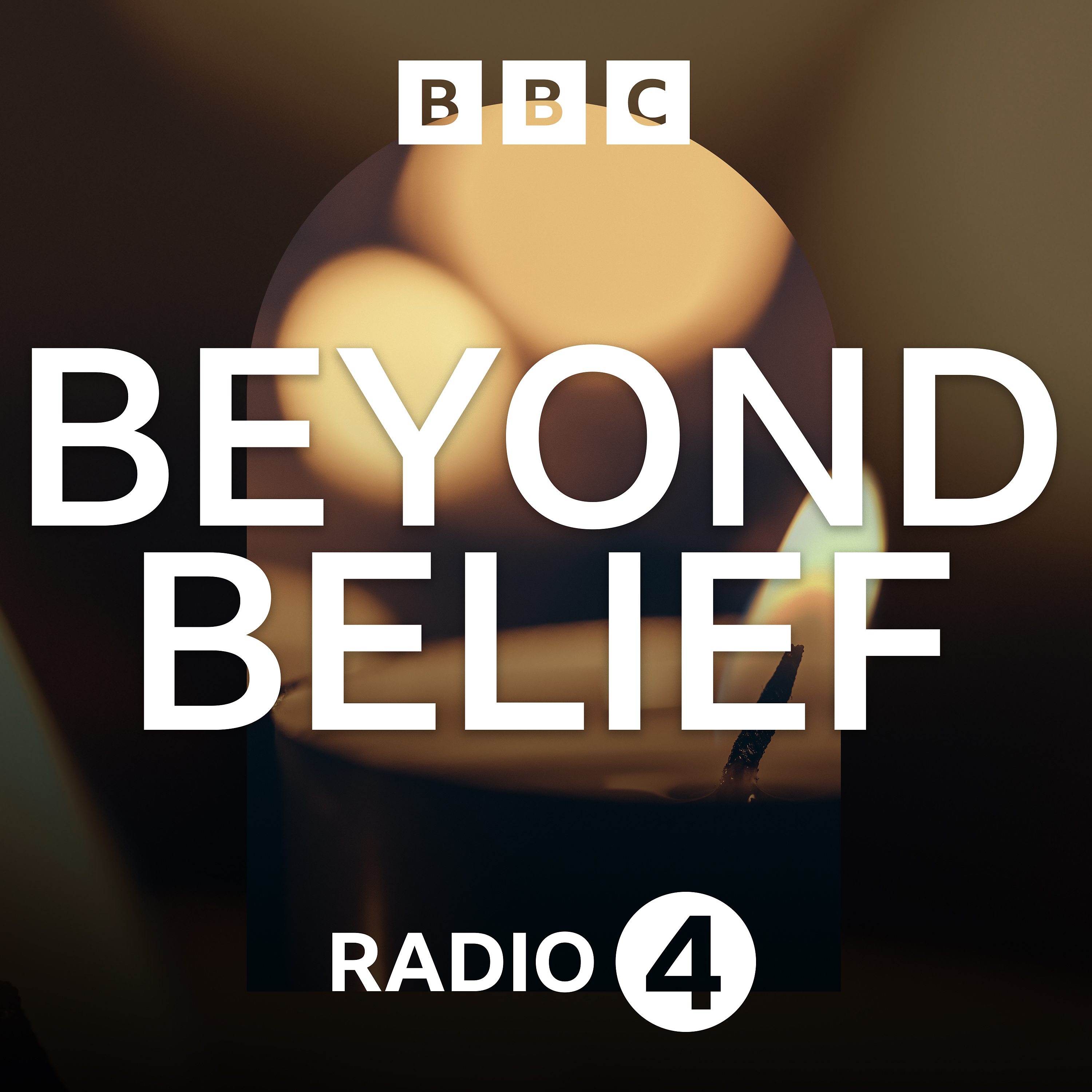Ashes to Ashes
Description
‘We always put our hand on the coffin and use their name, tell them how loved they were. And then just as the door opens, we wish them well on their journey.”
Crematorium Manager Jenny Hamilton tells Aleem Maqbool how she and her team approach their work with the deceased at the Clyde Coast and Garnock Valley Crematorium on the West Coast of Scotland, and how her profession connects to her Christian faith.
Aleem is joined by a panel to discuss how the different ways we process the body after death, has been informed by faith, and what the human body represents within different religions.
How will religions respond to new ways of human decomposition that are being explored, such as alkaline hydrolysis or water cremation, which is being piloted in the UK later this year, and terramation or human composting?
Sally Berkovic, author and a volunteer for a Chevra Kadisha, a group that helps prepare Jewish bodies for funeral, joins Aleem to share her experiences. She's joined by Reverend Andrew Dotchin, who is looking into the theology of alkaline hydrolysis for the Church of England, and Hindu teacher Seeta Lakani.
The discussion raises the question, who is our death rites and rituals for: the deceased, or those left behind?
Producer: Rebecca Maxted
Series Producer: Katharine Longworth
Editor: Tim Pemberton
More Episodes
In her poem 'God's Garden', Dorothy Frances Gurney writes:
'One is nearer God’s heart in a garden
Than anywhere else on earth.’
Join Giles Fraser and a panel of green-fingered guests as they gather together at the Aga Khan Centre in Kings Cross to reflect on the theological significance of...
Published 08/20/24
Published 08/20/24
Giles Fraser explores the parallels and overlaps between spirituality/religion and psychotherapy.
Professor Josh Cohen is a psychotherapist, who believes that God can be a problematic figure in the therapy room.
Joining the discussion with Giles is Dr Jeremy Holmes, British Psychiatrist and...
Published 08/13/24


